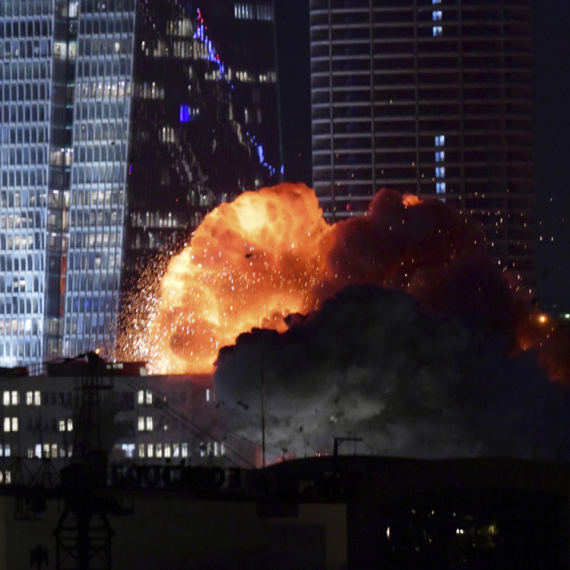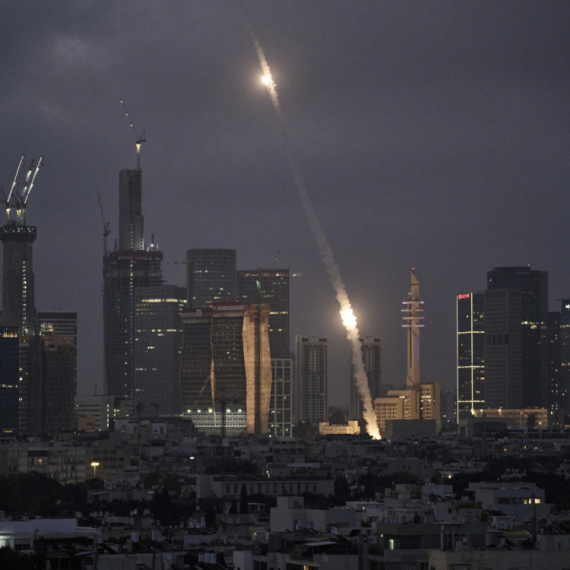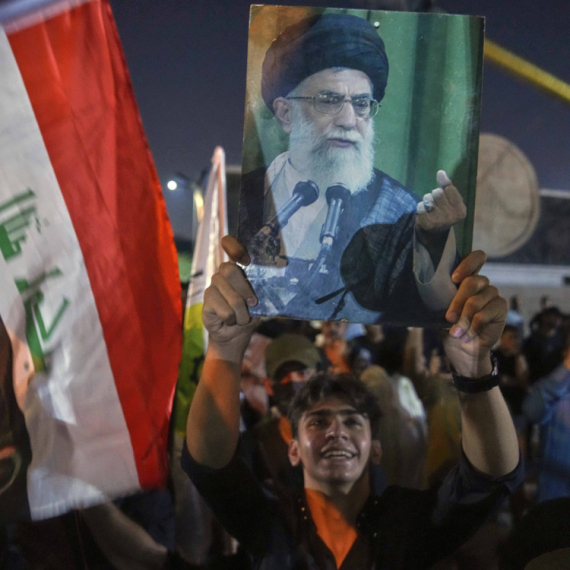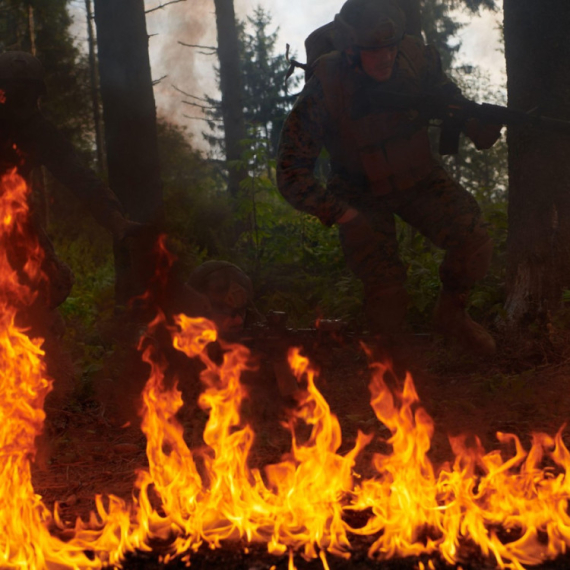The Iraqi armed group Kataib Hezbollah, linked to Iran, has warned it will continue attacks on US forces in the region if the United States intervenes in the conflict between Israel and Iran. The US Embassy in Iraq issued a warning to American citizens to avoid crowds and locations frequented by foreigners due to increased risk of violence. Kataib Hezbollah is known as a key pillar of Iran’s proxy network in the region and has claimed responsibility for numerous attacks on US and Israeli forces in Iraq and Syria. The conflict between Israel and Iran escalated after Israeli airstrikes on Iranian targets, to which Iran responded by launching ballistic missiles at Israel. The US has warned Iran of severe consequences if it attacks US forces. This situation raises concerns about the potential spread of conflict in the region and destabilization of Iraq, which is an ally of both the US and Iran.
Political Perspectives:
Left: Left-leaning sources emphasize the dangers of escalating military conflict in the Middle East, highlighting the risks of US intervention and the potential for increased violence affecting civilians. They often critique US foreign policy for exacerbating tensions and stress the need for diplomatic solutions to avoid further destabilization of the region.
Center: Center-leaning sources report the facts of the conflict and warnings from groups like Kataib Hezbollah, focusing on the balance of power and the strategic interests of the US, Iran, and Israel. They highlight the complexity of the regional alliances and the potential consequences of military escalation, presenting statements from all involved parties without strong bias.
Right: Right-leaning sources tend to emphasize the threat posed by Iran-backed militias like Kataib Hezbollah and the necessity of a strong US military response to protect American interests and allies such as Israel. They often support Israel’s right to defend itself and portray Iran as an aggressor destabilizing the region, advocating for firm deterrence measures.




